Machine learning is one of the most promising approaches to address difficult decision and regression problems under uncertainty. The general idea is very simple: Instead of modeling a solution explicitly, a domain expert provides example data that demonstrate the desired behavior on representative problem instances. A suitable machine learning algorithm is then trained on these examples to reproduce the expert's solutions as well as possible and generalize it to new, unseen data. The last two decades have seen tremendous progress towards ever more powerful algorithms. This course will build upon the introductory material of last semester's Fundamentals of Machine Learning course and covers the most important advanced concepts and methods.
The lecture belongs to the Master in Scientific Computing program, but is also recommended for students towards a Master of Physics (specialisation Computational Physics), Master of Applied Informatics and anyone interested.
Solid knowledge in linear algebra, analysis (multi-dimensional differentiation and integration) and probability theory is required. Participants should be familiar with the fundamental concepts from last semester's "Fundamentals of Machine Learning" course or equivalent (for example, you can prepare yourself with Fred Hamprecht's Pattern Recognition Video Lecture).
Dates:
| Lecture | Wednesdays | 14:15-15:45 | Hörsaal COS, INF 360 | |
| Lecture | Fridays | 11:15-12:45 | Hörsaal COS, INF 360 | |
| Tutorials | Wednesdays | 16:00-17:30 | Hörsaal COS, INF 360 | |
| Fridays | 13:15-14:45 | Hörsaal COS, INF 360 | ||
| Please sign up for the exercises via Muesli. | ||||
Homework assignments and other course material will be published on Moodle.


